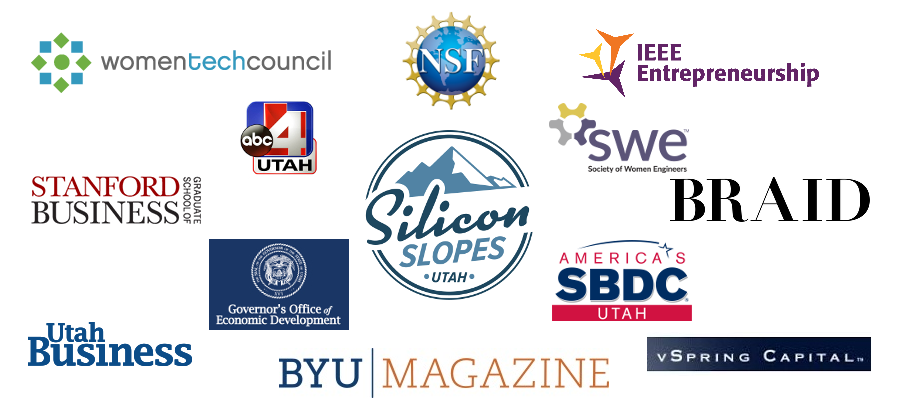Having a relationship among founders melt down is a terrible problem for entrepreneurs. Sometimes founders diverge in their view of the business strategy, but many times they diverge in their appetite for risk. Entrepreneurship is hard work, and it entails risk. Calculated risk, yes, mitigated risk, yes, but risk all the same.
What are some ways founder teams can melt down?
Sometimes a co-founder refuses to put themselves on the line for the startup, such as contributing startup capital, co-signing for a building lease etc – even though they want that big chunk of founder’s shares. Sometimes one co-founder’s significant other can’t take the risk and is always hassling the co-founder for more stability. Sometimes something terrible happens in one co-founder’s family or personal situation. Sometimes a co-founder just doesn’t have the needed “personal financial runway” to go without income for as long as it takes. I tell entrepreneurs who are raising money, hope for 6 months, but plan for 12!
This is particularly relevant in university technology spinouts. Professors often don’t realize that “running” a startup is a full time job – and that they can’t do that AND have a full time obligation at the university. The Feds are explicit about this in the SBIR program, where they say that the Principle Investigator (PI) at the startup cannot also be employed full time at the university or anywhere else. This should also apply to startups. Either a professor has to leave academia (which I rarely recommend when I work with these teams) OR they have to take a lessor role such as Scientific Advisor, Director or other part time roles. With this lesser role comes lesser founders stock. That’s right, you don’t get 50% of the company because you’ve been paid by the university to do the research and you’re not taking the personal risk!
The worst situation for a startup is the “lost founder” problem. A company is started, co-founders are given the same number of founders shares (with no vesting), and then one founder moves on, leaving the other with part ownership and all the responsibility. When the remaining founder tries to raise money, the lost founder becomes a nearly impossible hurdle to overcome. The lost founder with all that founders stock is an impediment to getting docs approved, to having enough equity to attract management talent, and to having a robust employee stock option pool. The investors don’t believe that the remaining founder is going to work as hard when half of the spoils will go to someone who is doing no work!
Remember that founders shares are compensation for BUILDING the company, not just starting the company. Although, as a founder, I hate vesting of founders shares, this does crop up often, because of these issues.
One good solution is for founders of ALL kinds to have a buy-sell agreement. Agree up front (before incorporating!) on the terms upon which one partner (or the company) can buy back the other founder(s) if there is a “parting of the ways”. If everyone creates the terms which would be fair both as the “staying founder” and the “leaving founder”, then they will be easier to swallow if things reach that point. More often than not, at least one of the founding team will need to step away from the company. As one of my Directors and mentors said ‘When things “go wrong” if everyone behaves gracefully, the relationships can still stay intact.’
Our mission at VentureWrench is to help you achieve your entrepreneurial dreams. Our curated library of the best resources to help entrepreneurs, VentureWrench.com, is live. Sign up now for your free account!

